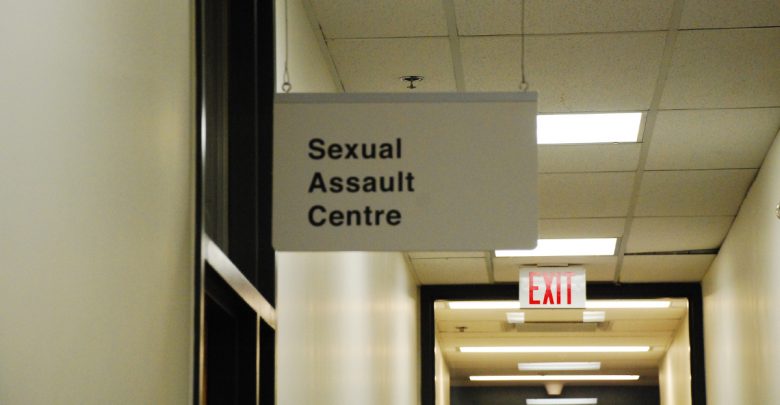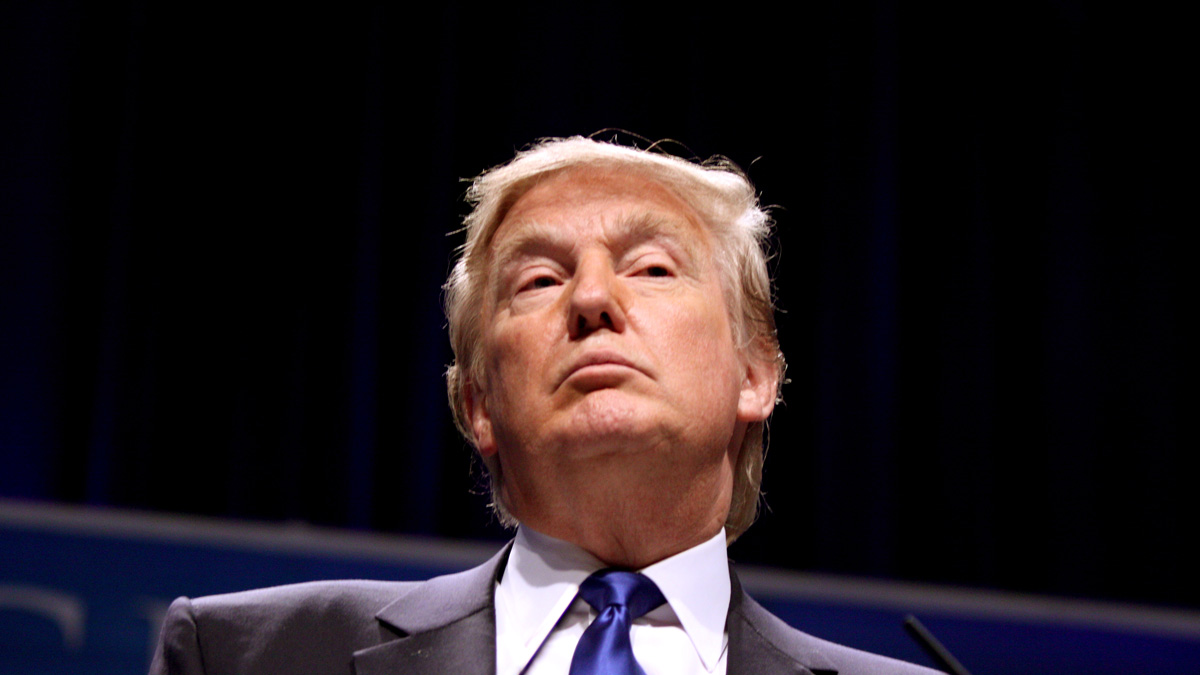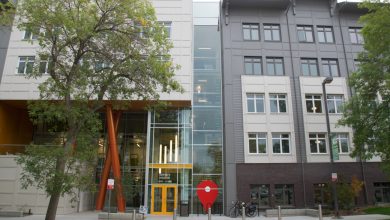 Amy Kim
Amy KimThere’s no doubt that the reduction in the University of Alberta Sexual Assault Centre‘s (UASAC) services in November 2023 upset students, volunteers included. While UASAC largely continued to operate with reduced hours, it halted volunteer programming and drop-in hours entirely. UASAC is bringing back the volunteer program as services return to usual operations, but the relationship between students, volunteers, and administration might not return to normal.
In preparation of UASAC returning to its usual operations, Possibility Seeds led a review that will guide the university in improving UASAC’s community engagement and activities moving forward. But I find it difficult to believe that it’s the centre itself that needs to change and not the administrators responsible for the centre’s reduced services. After all, it was administrators that fired staff and decided to reduce services at UASAC.
But the university’s first order of business before UASAC comes back is to hire a new assistant dean role who will give university administration more direct oversight of the centre. Given that students and volunteers placed the blame on university administration for UASAC’s reduced services, a new administrative role isn’t likely going to fix the relationship between students, volunteers, and the centre.
In reality, simply returning to the usual operations doesn’t repair the trust between UASAC and volunteers and students. And acting like it does will only prolong the issues. Yet, in none of the updates does anyone acknowledge that reducing the centre’s services was a huge mistake. Regardless of whether the actions of the staff that were fired were justifiable, reducing support for victims wasn’t. Victims shouldn’t have been turned away when they were in need of support.
Instead, the updates vaguely mention an “unexpected disruption,” taking absolutely no responsibility for the decision to fire multiple staff members and reduce services. As great as the “mindful review” UASAC is doing following these events sounds, not acknowledging who reduced accessibility to services doesn’t inspire a lot of hope. But regardless of how great the results of the review are, it shouldn’t have come at the cost of support for victims and a safe space for volunteers.
UASAC’s own website has testimonials that boast of “fulfilling” and “meaningful” experiences volunteering with the centre. But the university took that away from volunteers. When administration decided to get rid of drop-in hours and the volunteer program, not only did people lose the services they needed, but also staff members they valued and trusted. The university left both students seeking support and volunteers in the dark for months. Both lost a safe space and making the centre feel safe and stable again isn’t going to be easy.
Administrators decided not to consult staff or volunteers after they fired the first staff member. It seems the university unilaterally made these changes, with little consideration for or communication with the staff, volunteers, and students it would affect.
The university also told staff not to contact volunteers. Staff would direct any questions from volunteers to the Interim Director, Tim Tang. When a staff member did contact volunteers to provide a space to talk about the circumstances they were all experiencing, the university suspended that staff member and later fired them.
When the university finally bothered to include volunteers in the conversation, administrators recognized the importance of volunteer work and the need for them to have support. Yet, the administration left them in the dark for months.
Fast forward to spring 2024, UASAC finally released a plan forward. But the university has yet to share the details. Aside from a review of UASAC’s operations by Possibility Seeds, there will be a new administrative role for the centre: assistant dean (community wellness and sexual violence supports).
The decision to change the director role into one of an assistant dean makes little sense. Such a change does little to ensure that UASAC’s services improve and there isn’t a repeat of last year. And it’s unclear who asked for the change and what it actually means beyond more control over UASAC for administration.
Melissa Padfield, deputy provost (students and enrolment), said the assistant dean role is meant to provide a “broader and higher-level voice within the student wellness space.” It also expands the scope of the role, though in what aspects is unclear. But the voice of the director or assistant dean position isn’t an issue. If the director wasn’t heard, it’s likely because the university wasn’t listening. Changing the title to assistant dean doesn’t ensure that there won’t be the same issue.
The role will also report to the vice-president (student experience) and dean of students, which ties it closer to university administration. Considering that’s who students and volunteers primarily blame for UASAC’s reduction of services, this doesn’t seem like a great idea. Adding an administrative position doesn’t automatically repair relationships. It might hurt them even more.
Additionally, there’s already an administrative role that deals with sexual and gender-based (SGBV) violence. The university recently made the SGBV response coordinator a permanent role. An update from UASAC said that it was already working with the coordinator, Deb Eerkes to move forward after the firing of staff members. The differences between this position and the assistant dean (community wellness and sexual violence supports) are unclear. Aside from that the assistant dean will be directly involved with the centre, which logically Eerkes should be too.
The university’s creation of this position, while a similar one is already in place, seems like an effort to appear concerned. But that’s not what this position means. Instead it means more direct control from university administration, which students and volunteers distrust. Plus, students are paying for another administrative role, when the university could use the money going towards that salary to actually improve the centre.
There’s still a lot of uncertainty about UASAC’s future. University administration needs to see its mistakes as its own, not as some “unexpected disruption.” The review of UASAC needs to be centred there, with the decision makers who made harmful decisions.
A place like UASAC will always evolve and change with the needs of victims. But no matter how much needs to change, it shouldn’t come at the expense of survivors and those supporting them. Closing the centre was a mistake. Reopening it doesn’t fix the damage the university has done. But serious, mindful reflection on those actions might provide a little bit of hope for the people who need UASAC.




